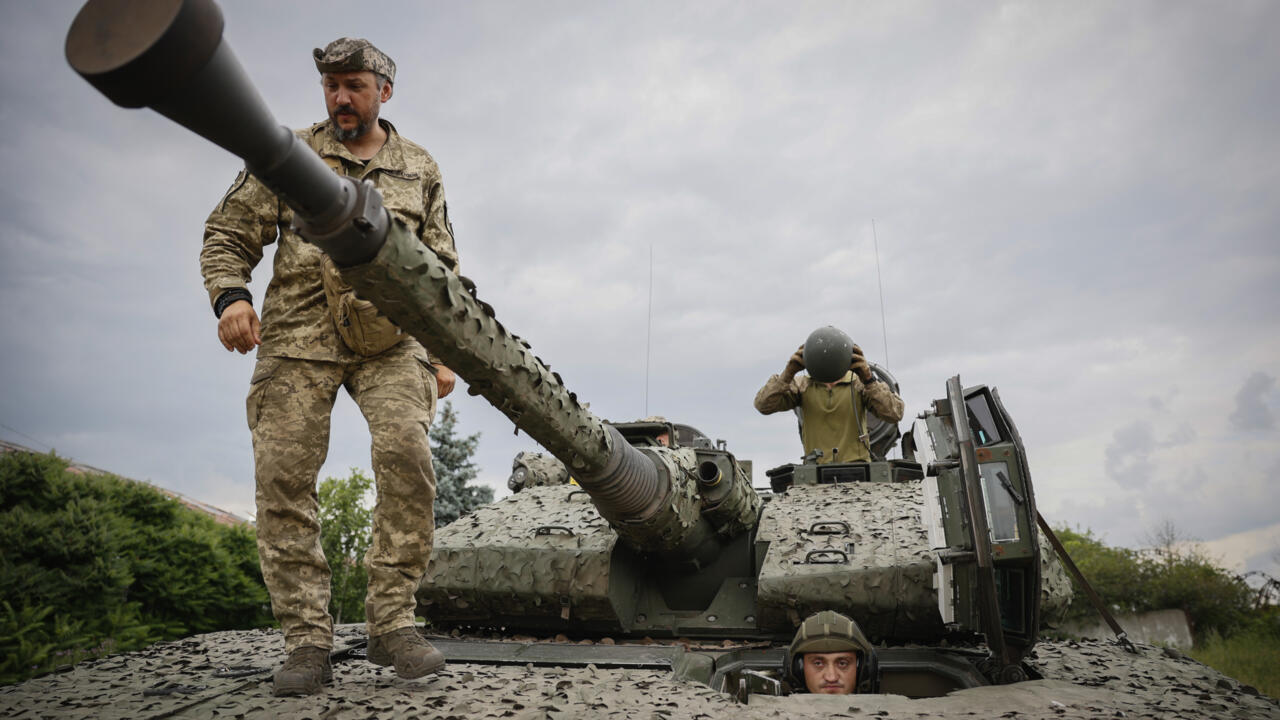By Agboola Aluko
April 10, 2025 | 5-Minute Read
U kraine’s ongoing struggle with espionage amid its war with Russia has taken a significant turn, as a Ukrainian serviceman has been sentenced to 15 years in prison for spying. The conviction comes as part of Kyiv’s broader crackdown on internal collaboration with Russian forces, a campaign that has intensified as the war enters its fourth year.
The serviceman, stationed in the Zhytomyr region, was accused of providing crucial military intelligence to Russia’s military intelligence services. Specifically, he is said to have shared detailed information about Ukrainian military training sites, which was later used by Russian forces to target these locations with airstrikes. The exact dates and casualty figures of the airstrikes were not disclosed, but the SBU (Ukraine's Security Service) stated that his actions had a direct impact on national security. He was detained in mid-2024 following an investigation prompted by suspicious online activity.
The SBU revealed that the serviceman, a conscripted member of Ukraine’s armed forces, had posted critical remarks about Ukraine’s government on social media, which raised red flags. Further investigation revealed communications with Russian handlers, confirming his involvement in espionage activities. He was convicted under wartime legal statutes, which carry severe penalties for treason.
In response, Ukrainian authorities have made it clear that collaboration and espionage will not be tolerated. Since Russia's invasion, the SBU has opened over 6,000 criminal cases related to treason, with hundreds of convictions ranging from fines to lengthy prison sentences. The agency’s aggressive stance underscores the gravity of the threat posed by internal spies, as Russia attempts to infiltrate Ukraine's defenses.
Zhytomyr, though not directly on the frontlines, has become a critical hub for Ukrainian military training and logistics, making it a prime target for Russian intelligence efforts. Recent Russian missile attacks on the region have heightened the need for stringent measures to counter espionage.
The case against the serviceman is part of a larger espionage war unfolding alongside the conventional battlefield. Ukraine has accused Russia of deploying extensive networks of informants, including both coerced civilians and infiltrated agents. In response, Kyiv has expanded its security measures, with President Volodymyr Zelensky signing a decree to grant the SBU broader powers, including the ability to monitor telecommunications. While this has raised concerns about civil liberties, officials defend the move as necessary for Ukraine's survival.
The serviceman’s sentencing comes at a pivotal moment as Ukraine braces for a challenging spring campaign. With Russia increasing its drone and missile strikes, Kyiv is scrambling to reinforce its defenses and maintain morale. The SBU’s public disclosure of this case serves as both a warning to potential collaborators and a demonstration of Ukraine's resolve. As the war continues, the human cost of suspicion and retribution is felt deeply, with both nations intensifying their crackdown on perceived disloyalty.





0 Comments